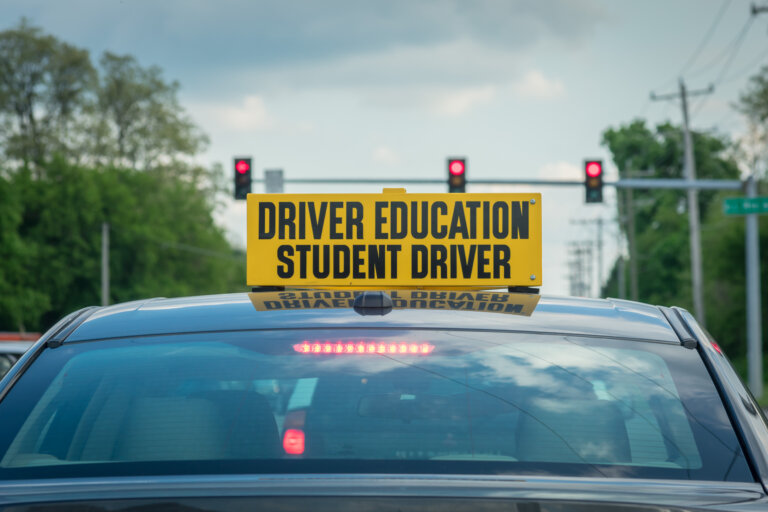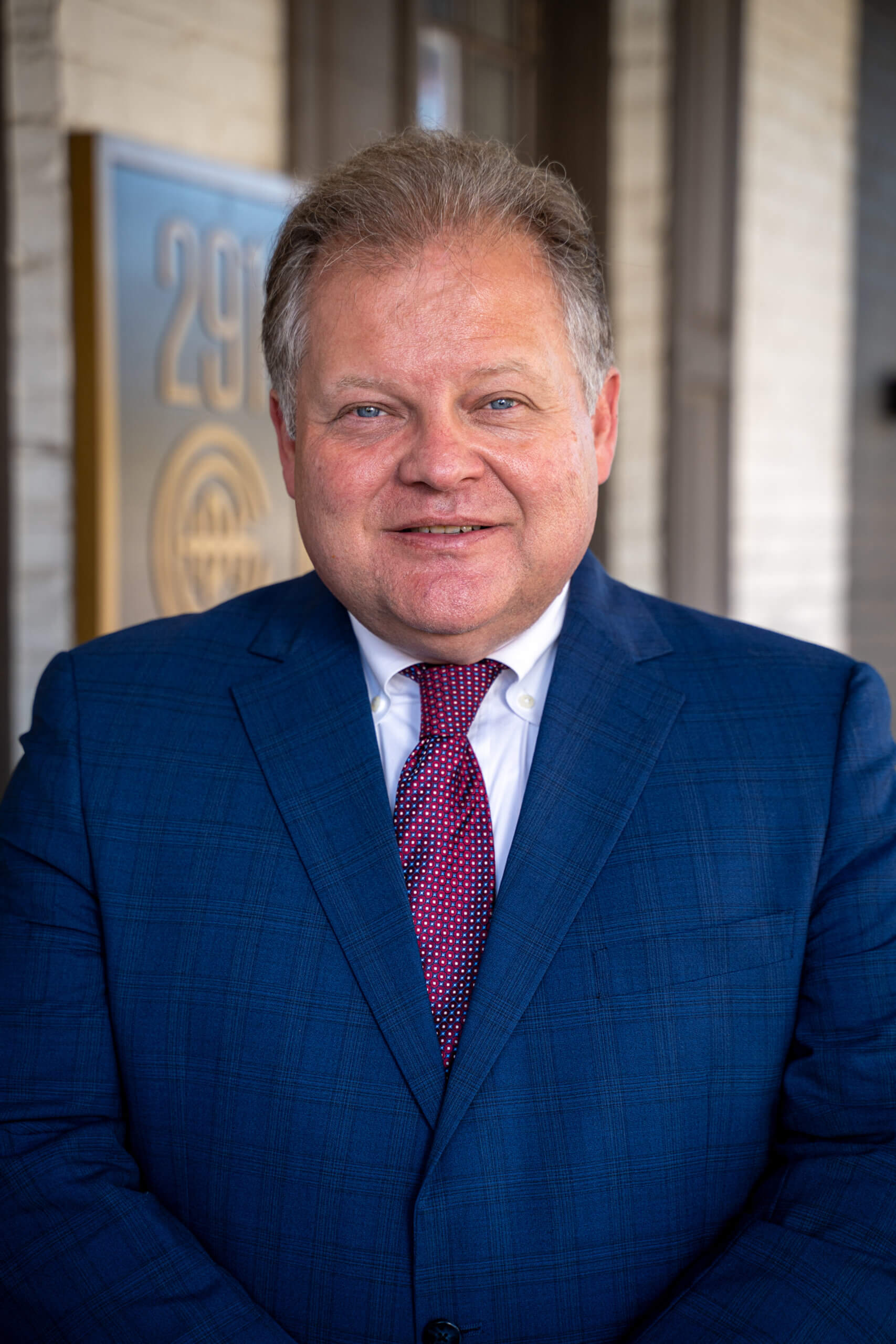Driver’s education plays a crucial role in teaching young motorists the rules of the road, fostering safe driving habits, and preparing them for the practical realities of operating a vehicle. However, accidents can happen, even under the watchful eye of a trained instructor. When a car crash occurs during a driver’s education class, it often raises a complex question: Who bears the liability? Unraveling the answer requires an understanding of the principles of liability, the roles and responsibilities of all parties involved, and the specifics of the incident.
Understanding Liability in Car Accidents
Determining liability in car accidents involves dissecting the intricate concept of negligence. Negligence arises when a party fails to uphold the standard of care that a reasonably prudent individual would in a similar situation. In terms of auto accidents, assigning fault often relies on an analysis of traffic law violations. For instance, if a driver disregards a red light and instigates a collision, their violation places them at fault for the crash.
Yet, the process can become more complex when both parties share some degree of fault. Mississippi applies comparative negligence rules, allowing damages to be allocated based on each party’s proportion of fault. These legal principles become vital in the context of a driver’s education scenario, where the potential for liability extends to the student, instructor, and the driving school itself.
Driver’s Ed: The Instructor’s Responsibility
In the realm of driver’s education, the instructor plays a pivotal role. Their responsibility extends beyond just teaching the rules of the road. They must also ensure the safety of their students, themselves, and other road users by vigilantly monitoring the student’s actions, providing timely instructions, and intervening in potentially hazardous situations.
If an accident happens during a driving lesson, the instructor’s actions (or inactions) may be scrutinized to determine their role in the incident. Did they provide clear instructions? Did they properly supervise the student? Could they have intervened to prevent the accident? If the answers to these questions suggest a lapse in duty, the instructor may be held liable for the accident.
However, it’s essential to note that not all accidents during driving lessons result in instructor liability. For example, if the student acts recklessly despite clear instructions and warnings, the liability may fall on the student instead. Thus, each incident requires a case-by-case analysis to accurately determine liability.
Liability of the Driving School
Driving schools bear a significant responsibility in ensuring the safety of their students and other road users. This responsibility includes hiring well-trained, competent instructors and maintaining their fleet of vehicles to a safe standard. Failure to uphold these duties can potentially place the driving school itself in a position of liability.
For instance, if a driving school fails to properly vet their instructors for competence and safe driving records, they could be held accountable for negligence in the event of an accident. Similarly, if an accident occurs due to a mechanical failure that could have been prevented with proper vehicle maintenance, the driving school could be found liable.
The Role of the Student in Liability
The student’s role in a driver’s education accident is another critical factor to consider when determining liability. In some instances, despite receiving appropriate instruction and supervision, a student may behave recklessly, leading to an accident. In such cases, the student might be considered at fault.
For instance, if a student fails to follow clear instructions from the instructor or deliberately ignores traffic rules, they may be held liable for any resultant accident. Likewise, if the student was distracted, such as by a cell phone, their negligence could also contribute to their fault.
Understanding Insurance Coverage in Driver’s Ed Crashes
Understanding insurance coverage in driver’s education accidents is a critical component of the overall picture. Typically, the driving school carries an insurance policy that covers incidents occurring during lessons. This insurance is generally designed to cover property damage and bodily injuries that result from an accident.
However, the insurance process is not always straightforward. Some policies might have specific exclusions, deductibles, or liability limits that affect the compensation victims receive. It’s also possible that the insurance company will conduct its own investigation into the accident to determine fault and how much, if anything, they will pay out. Therefore, it’s advisable for anyone involved in a driver’s education accident to consult with a knowledgeable attorney to navigate the complexities of the insurance and liability landscape.
If You’ve Been Involved in a Driver’s Ed Crash
Understanding the complexities of liability in driver’s education accidents can be a daunting task, with several factors at play including the role of the student, instructor, driving school, and even insurance coverage specifics. That’s why it’s essential to have experienced legal guidance on your side. If you or your loved one has been involved in a driver’s education accident, don’t hesitate to reach out to The Lawyers That Listen at Chatham Gilder Howell Pittman. We offer free consultations and are committed to helping you navigate these complexities to secure the justice and compensation you deserve. Contact us today to learn more.

